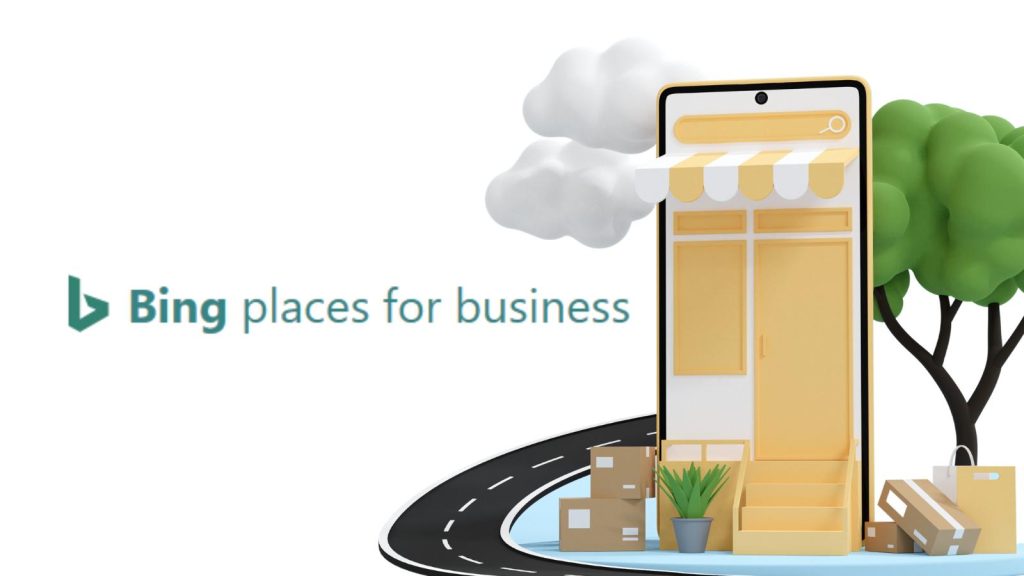There are two ways for a company to make money: increase sales and reduce costs. You’ll need to focus on both areas to ensure that your profits are at an appropriate level. These profits happen with the right cost optimization strategies.
There are more than a few ways to do this. While sales and marketing strategies are often spoken about, you’ll also need to use cost optimization strategies.
There’s no point in improving sales if you’re not making a profit or even a loss.
Figuring out which ones you should use can be difficult. It shouldn’t be. You have multiple options, some of which can be more effective than others.
Once they’re implemented, you shouldn’t have an issue increasing your profits.
Table of Contents
Effective Cost Optimization Strategies: 5 Top Options
1. Consider Free Marketing Tools
Your marketing will be one of the primary ways that you generate sales. While you’ll need to put some money into this, you’ll need to be smart about it. You wouldn’t want to waste money on your marketing.
One of the easier ways of cost optimization strategies for marketing is by using free marketing tools. There are more of these than you may be aware of, and they could work to the same degree as their paid counterparts.
That should mean creating the same quality of marketing materials and campaigns at a fraction of the cost. It’ll make your marketing plan more cost-effective.
Since you should generate the same results as you would with paid counterparts, you’ll have more of a return on investment than you would with paid options.
You shouldn’t entirely replace your paid marketing, however. Know how to balance them.
2. Outsource Some Areas
If you calculate labor costs, you should find that they’ll be pretty high. That doesn’t solely involve your employees’ monthly paychecks. You’ll also need to worry about the related insurance, taxes, etc.
What if you could get rid of most of these? You can do so by outsourcing. The practice involves choosing a third-party contractor rather than a full-time employee.
It’s worth exploring supply chain outsourcing services to save money.
Since these will be independent contractors, you wouldn’t need to pay for many employee-related benefits. That’ll save you a small fortune during the year.

And if you work with niche contractors, like those in construction or specialized trades, it’s worth ensuring they carry coverage like Fire Protection Contractor’s Insurance. Why an example like this? Well, this kind of coverage helps protect them, and indirectly, your project from liability risks, giving you even more peace of mind when outsourcing critical tasks.
You wouldn’t need to compromise on daily operations with this. Companies and freelancers specializing in outsourced tasks are well-trained to do the job to a high standard.
They should perform work of the same quality as a full-time employee, if not to a better standard. This will be a more cost-effective way of completing core tasks.
3. Use Energy-Efficient Suppliers
Your utility bills are an overlooked cost. It’s easy to forget about them when looking for cost optimization strategies. There’s something that could be easily reduced. Please review your suppliers and what they offer.
Switching to energy-efficient suppliers is the most notable way to do so. This is particularly true for equipment and appliances.
The more efficient these are, the less electricity they’ll need to operate, reducing your costs. Though these might seem like minor savings, it adds up quite significantly.
You could even make your phone lines more energy efficient; switching to a VOIP, for example, could save you more money. While this entails making a few changes and potentially incurring a few costs, it’ll save you more in the long term.
4. Consider Remote Work
The past few years have shown many companies that remote work is not only an option but also offers multiple benefits. It can cut down your costs more than you’d think.
Getting as many employees to work from home means you wouldn’t need to worry about renting space. While figuring out which employees you can do this with can be tricky, it’s worth looking into.

It could allow you to move from your current premises to a much smaller one at a lower cost. Combining remote work with the outsourcing mentioned above will further optimize this approach.
Though it will take some time to adapt, it will reduce your costs more than you’d expect.
It’s worth noting that there may be some upfront costs with software, for example. These will be minor compared to the savings you’ll make on office space.
5. Make Smart Workspace Upgrades
Sometimes, you must spend a little money to save it in the long run.
For example, if you run a tech-heavy company, such as a data center, installing raised flooring can help to improve airflow. This minimizes downtime and considerably reduces cooling costs, saving you a great deal of money in the long run.
In addition, it can help make your workplace a more pleasant place to spend time, reducing costly employee churn and retention struggles.
Of course, you should do your research on raised flooring in advance so you know what to look out for (and what to avoid) when introducing this change to the workspace. You can learn more by reading this guide on What 2026 has in Store for Access Flooring Systems Industry.
Effective Cost Optimization Strategies: Wrapping Up
Using as many cost optimization strategies as possible can be recommended. When you’re implementing them, however, you should ensure that you don’t affect the quality of your product or service.
If that’s left to happen, then you could start losing customers. Balancing cost optimization strategy with your sales and marketing strategies is essential.
Adapting the above strategies to your business is vital. There’s no one-size-fits-all approach, so ensure you take the best approach for you and your company.





Being a “remote worker” for 11 years Lisa I cannot even estimate how much money I’ve saved.
Of course, I am an entrepreneur. But imagining how much I’d save as an employee – for myself and for my company – puts me in the ballpark of an epic number. I’d save on gas and automobile wear and tear among other factors. Companies save a literal fortune in rent. Renting or flat out buying building space puts businesses back a pretty penny.
But as you noted; employers need to figure out who can work remote and who needs to be in the office. Some less driven or attentive people need to be in the office to get their job done and to be easily reachable. Other folks work jobs dependent on face to face contact multiple times a day.
Hi Ryan, I’ve noticed that working from home now for 4 years. No lunch expenses, wear and tear on the vehicle, and gas! The high price of gas now really makes a difference for commuters. Furthermore, the wardrobe to be working in an office adds up too. As you say rent is high and the price of utilities has skyrocketed along with the rent. It is a definite money saver! Thanks for coming by Ryan and make it a great day in paradise there.